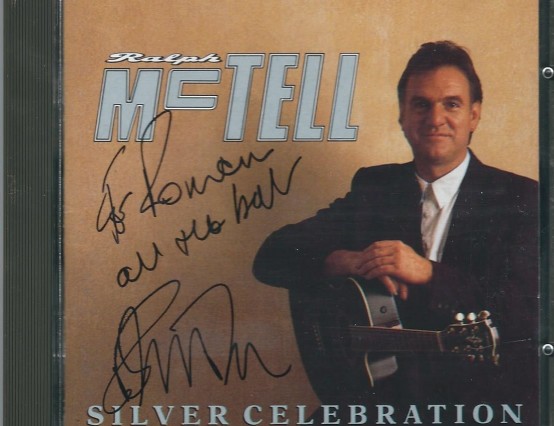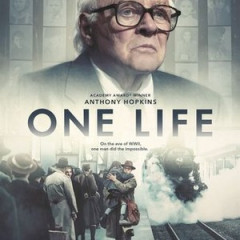For my GCSE in Music I am studying a set piece - “Defying Gravity” written by Stephen Shwartz where he uses 7 notes from “Somewhere Over the Rainbow” in the ‘unlimited’ motif. Technically that is within the bounds of legality, but he intended for it to be a joke on copyright laws. The formal reason he gave for doing so was a tribute to the “Wizard of Oz” as to how the two shows are linked. 'Wicked' the musical in which 'Defying Gravity' is from is the backstory of the 2 witches from the 'Wizard of Oz' as young girls.
There is a fine line between stealing someone’s music and being influenced by that music and where do you draw that line? Everybody seems to be suing everybody else these days for music plagiarism. I have heard people describing themselves as being influenced by certain artists and with several billion people in the world it is not difficult to imagine that there are overlapping ideas.
Luckily the law has attempted to define music plagiarism and the legal test is that anything that reflects creativity and originality can be copyrightable including melody, chord progression, rhythm and lyrics. What needs to be determined is whether the perpetrator of the crime had access to the victim’s original song prior to composing theirs and secondly is there a substantial similarity between the two works.
However there has been legal precedence with the rulings that lifting the feel and vibe of the song is also plagiarism, so it appears that the above legal definition is subjective and open to interpretation. The particular verdict I refer to was the one where apparently “Blurred lines”, by Robert Thicke, was derived from “Got to give it up”. There was a mass petition signed by many musicians saying that the line between lawful inspiration and unlawful plagiarism had been removed and not only did this put a snag in the creative process of songwriting but it also opened the floodgates to lots of similar lawsuits. And that is exactly what has happened. Katy Perry’s Dark Horse was accused of plagiarism from Flame’s Christian rap song “Joyful noise” by citing a similar riff and beat – both of which were quite common. This cost Katy Perry nearly $3 million.
When the Bluebells covered “Young at Heart'', they got violinist Bobby Valento to play a violin solo which he wrote himself. In 2002 (check) he sued Robert Hodgens (Bobby Bluebell), for not giving him credit for the violin solo and he won the court case. Robert Hodgens then co-credited him for the solo.
A lot of it appears to depend on whether the alleged victim actually feels aggrieved or not. For example Madonna’s “Express yourself” was used by Lady Gaga in “Born this way”. Madonna praised the younger woman’s song and said she felt flattered! However, Lady Gaga has not always been that lucky.
I do wonder whether people propagate these ridiculous lawsuits for the sake of negative attention which publicises them in the media and hence boosts their online earnings. Steve Ronson has sued Lady Gaga and her song ‘Shallow’ for plagiarism of a progression of three basic notes from a scale in his song ‘Almost’.
Another example is Joe Oliver’s ‘Weather Bird’ which some people argue can be attributed to Louis Armstrong from 1923. Armstrong and Oliver performed this in 1923 however the famous version comes from 1928 performed by Armstrong and Hines.
I am a huge fan of the King of Rock and Roll. “Love me Tender” by Elvis Presley uses the 1800s melody from Aura Lee. “Love me Tender” was released on one of Elvis’s movie soundtracks and became a big hit. It credited Aura Lee, but does it constitute plagiarism as it is not an original melody?
There will always be a fine line between “being inspired by” and “stealing from” but at the moment it seems the legal system is assuming that similarity is enough to constitute theft and that this will have an impact on musicians for years to come.











So much music is inspired by other artists and there are only a limited number of chords and notes so similarity abounds. This makes plagiarism so hard to demonstrate - but so many struggling artists lose out to others taking on their work.